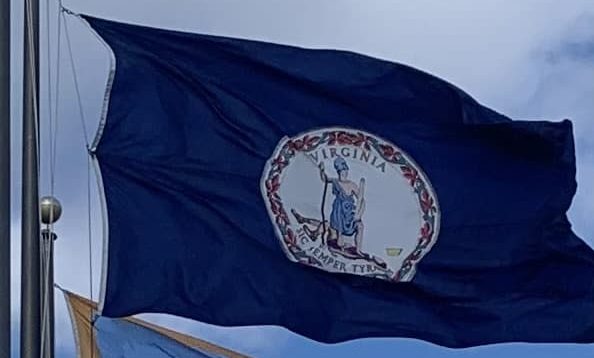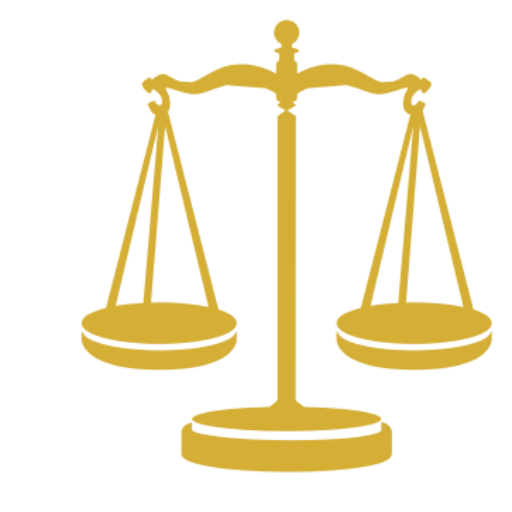Mental Health Law
Few individuals are aware of mental health laws in Virginia until an emergency arises. For those involved in a civil commitment hearing, the stakes may be high. The Community Services Board selects the hospital facility where the respondent will be hospitalized. They cannot choose the facility, nor can they can they choose their psychiatrist or therapist. The names of people voluntarily or involuntarily hospitalized through a civil commitment are added to the federal gun registry. This could impact several other areas of their lives, including employment, security clearances, or immigration. Family relationships frequently suffer substantial strain when one family member seeks psychiatric hospitalization for another family member.
The Law Office of Maria T. Patente PLLC provides dedicated advocacy in the areas of mental health law, including:
- Psychiatric Advanced Medical DirectivesMedical Directives
- Civil Commitment Hearings and Appeals
- Petitioner’s Rights
- Appeals in Circuit Court
- Appeals in Virginia Court Appeals
- Habeas Corpus Petitions
- Second Amendment Right Restoration
Psychiatric Advanced Medical Directives
Advanced Medical Directives with psychiatric provisions provide a means for people with a psychiatric history to plan in advance for a period of incapacity. They can specify which psychiatric treatments they would or would not give their consent to a psychiatrist. They can also specify a healthcare power of attorney to make decisions for them when they cannot make a sound decision for themselves. Psychiatric Medical Directives also may authorize an agent to make hospitalization decisions to prevent the need for a civil commitment hearing. Call The Law Office of Maria T Patente PLLC to learn more about psychiatric Advanced Medical Directives.
Civil Commitment Hearings
The Law Office of Maria T. Patente PLLC represents both Petitioners and Respondents in civil commitment hearings. Civil commitment hearings for court ordered mental health treatment occur on very short notice. The hearing must be conducted within 72 hours after a magistrate signs a “Detention Order” in an ex parte proceeding. An ex parte proceeding means that the respondent has no opportunity to attend the hearing or present evidence.
Respondents are entitled to a court appointed attorney at no cost to themselves. However, court appointed attorneys may be overworked or faced with an excessive case load. Most respondents wish to have the hearing as soon as possible in order to leave the hospital. Therefore, the attorney must meet the respondent in the mental health facility, and then interview any witnesses immediately.
The Law Office of Maria T. Patente PLLC offers counseling and effective advocacy for respondents under temporary detention to protect liberty and rights.
Representation of Petitioners in Civil Commitments
Virginia law does not provide for court appointed attorneys for the Petitioner in a civil commitment proceeding and states that “the petitioner may hire counsel at his own expense.” Despite this provision of law, some counties provide an attorney to the petitioner at no cost. Unfortunately, these attorneys frequently do not completely explain the consequences of civil commitment hearings to petitioners. In fact, if the petitioner later seeks an outcome contrary to the county, the county attorney may oppose the petitioner, who was their former client.
Before filing a petition to have a friend or family member civilly committed, call the Law Office of Maria T Patente PLLC. You will find an effective advocate who provide all the options prior to a potentially contentious hearing. You will find an effective advocate to fully represent your interests in obtaining mental health treatment for the respondent, even over his/her objection.
Appeals in Circuit Court
Respondents in civil commitment hearings have an automatic right to appeal orders for involuntary hospitalization. Appeals in circuit courts are “trials de novo”, meaning a totally new trial. This means that the entire case is litigated a second time, and a new record is created. The Respondent can choose to have the appeal trial decided by judge or by jury.
Virginia law requires civil commitment appeal to take priority over most other cases on the docket. The appeal trial usually occurs within two to three weeks from the date of filing the appeal. To prevail, the respondent must be present at the appeal and should be prepared to testify. The respondent’s attorney should address all facts, and statutory and Constitutional violations that occurred in the General District Court. Further, the respondent’s attorney creates a record in case the respondent wants to appeal to a higher court.
Appeals to the Virginia Court of Appeals
Virginia now authorized civil commitment orders to be appeals to the Virginia Court of Appeals. New evidence is prohibited. Constitutional arguments should be made in the Circuit Court to ensure that they can be raised on appeal.
Habeas Corpus Petitions
Effective since July 1, 2020, the Virginia Code authorizes habeas petitions for those who have been civilly committed. A Habeas may also be effective for those who admitted themselves voluntarily at a civil commitment hearing. Those concerned about legal consequences of psychiatric hospitalization should consider if the Habeas would be the best way to restore their rights.
Second Amendment Right Restoration
The Virginia Code allows restoration of the Second Amendment right to purchase, possess, and transport firearms if deprivation resulted solely from a civil commitment proceeding. Restoration of gun rights in Virginia will also remove the name from the Federal Gun Registry.
The Virginia Code does not specify any time requirement after release from hospitalization prior to filing a Petition for Restoration. Nor does Virginia require expert testimony. In practice, however, a case is most effective when a petitioner uses expert testimony and witnesses to satisfy the “clear and convincing” burden of proof that he/she must meet to restore gun rights. The Law Office of Maria T. Patente PLLC offers counseling and represents clients in hearings for restoration of Second Amendment rights. Call to schedule an appointment to begin a petition to restore your rights or to learn more.



DISCLAIMER: Content on this website is provided for informational, educational, and marketing purposes only, and does not constitute legal advice. If you seek legal advice on a specific situation, you should contact an attorney.
